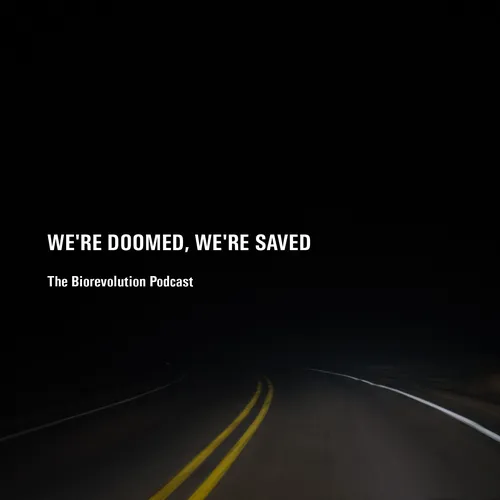
The Biorevolution Podcast
The Biorevolution Podcast with Andreas Horchler and Louise von Stechow – father and daughter, journalist and biologist, talking about the technologies of the biorevolution. Can genetic engineering, synthetic biology, and artificial intelligence save humanity from disease, climate change, and overpopulation, or are these technologies the first step towards its downfall?
Content and Editing:
Louise von Stechow and Andreas Horchler
Disclaimer:
Louise von Stechow, Andreas Horchler and their guests express their personal opinions, which are founded on research on the respective topics but do not claim to give medical, investment, or life advice in the podcast.
Learn more about the future of biotech in our podcasts and keynotes. Contact us here:
scientific communication: https://science-tales.com/
Podcasts: https://www.podcon.de/
Image: Kelly Sikkema via Unsplash
- Update frequency
- every 30 days
- Average duration
- 37 minutes
- Episodes
- 38
- Years Active
- 2022 - 2025
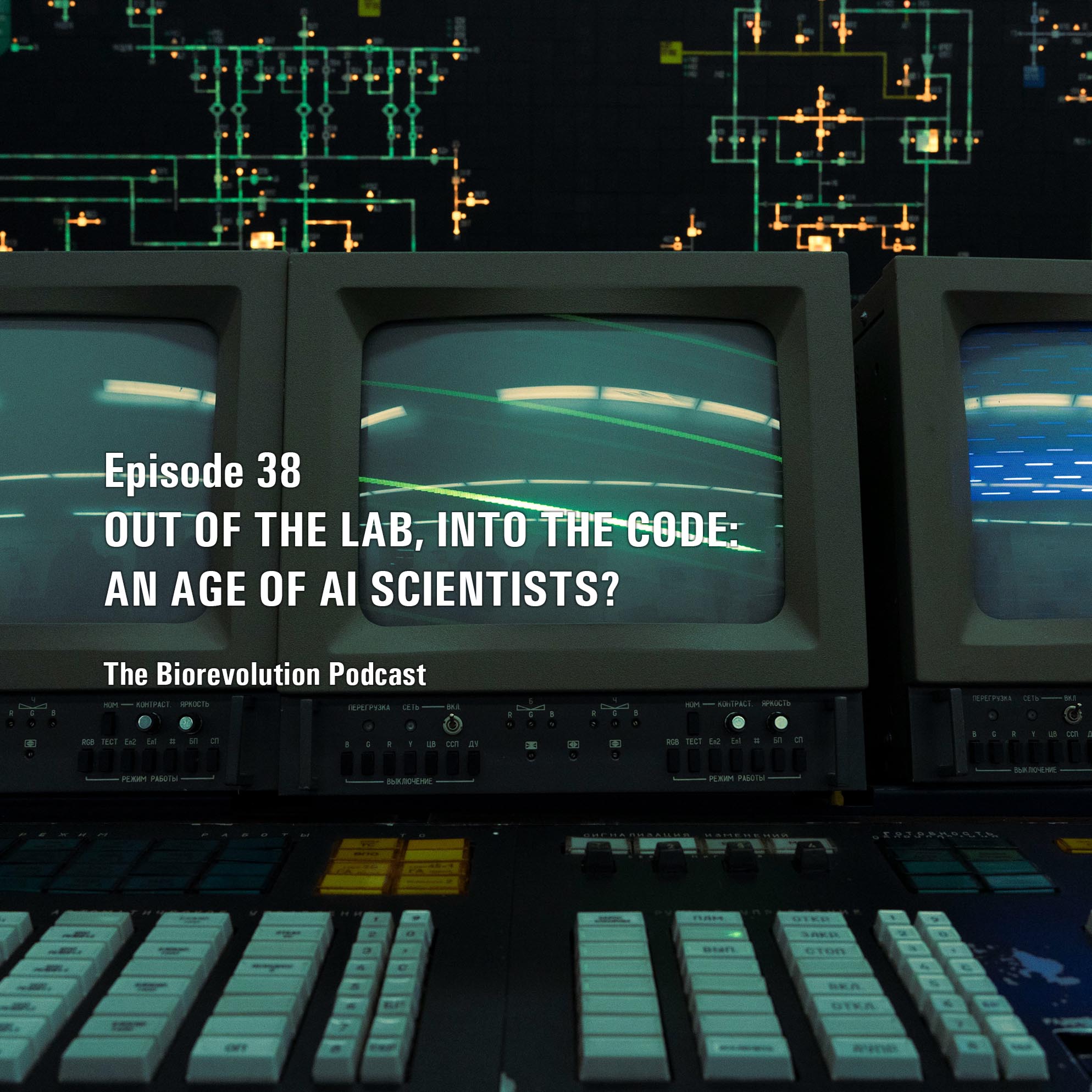
Out of the Lab, Into the Code: An Age of AI Scientists?
It sounds promising: AI chatbots acting as scientists, condensing the work of weeks, months, or even years of reading, debate, and hour-long lab meetings into minutes. …
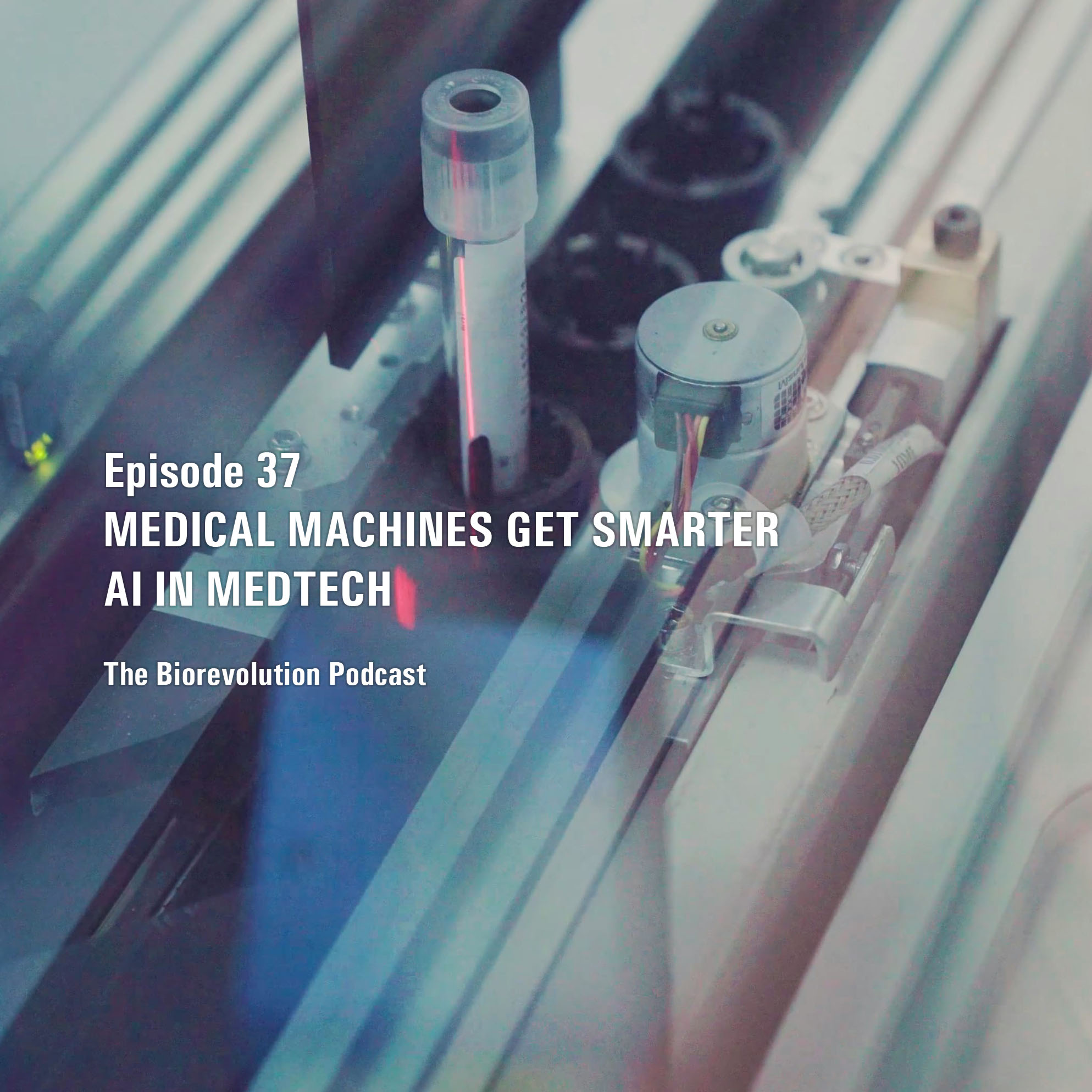
Medical machines get smarter - AI in Medtech
The $600 billion MedTech industry is undergoing a technological transformation. From AI-powered medical imaging to smart diagnostics and remote monitoring tools, artific…
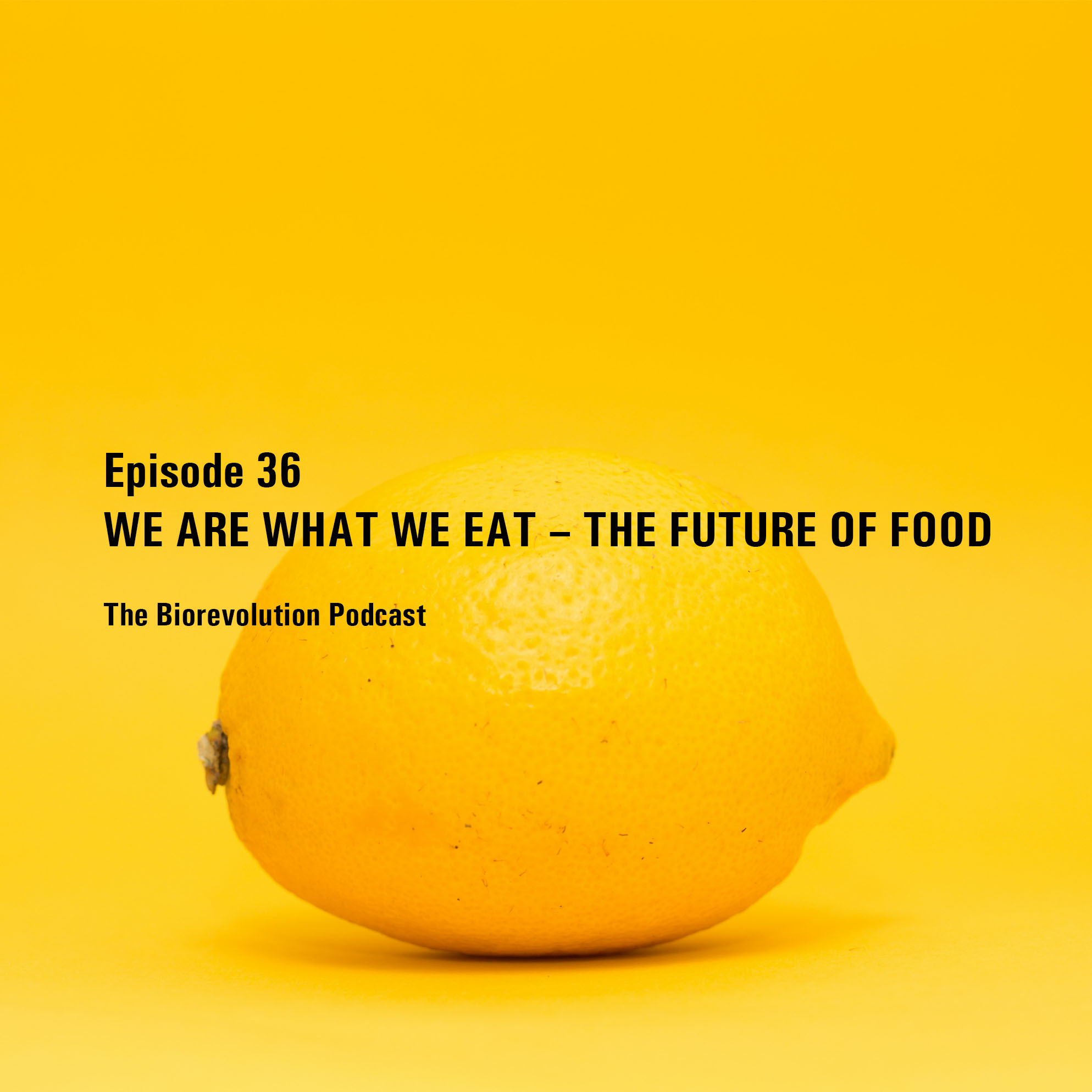
We are what we eat – The future of food
Food is a topic that is both deeply personal and of global importance. What we eat affects our health and longevity, but also the lives of animals and the future of our …
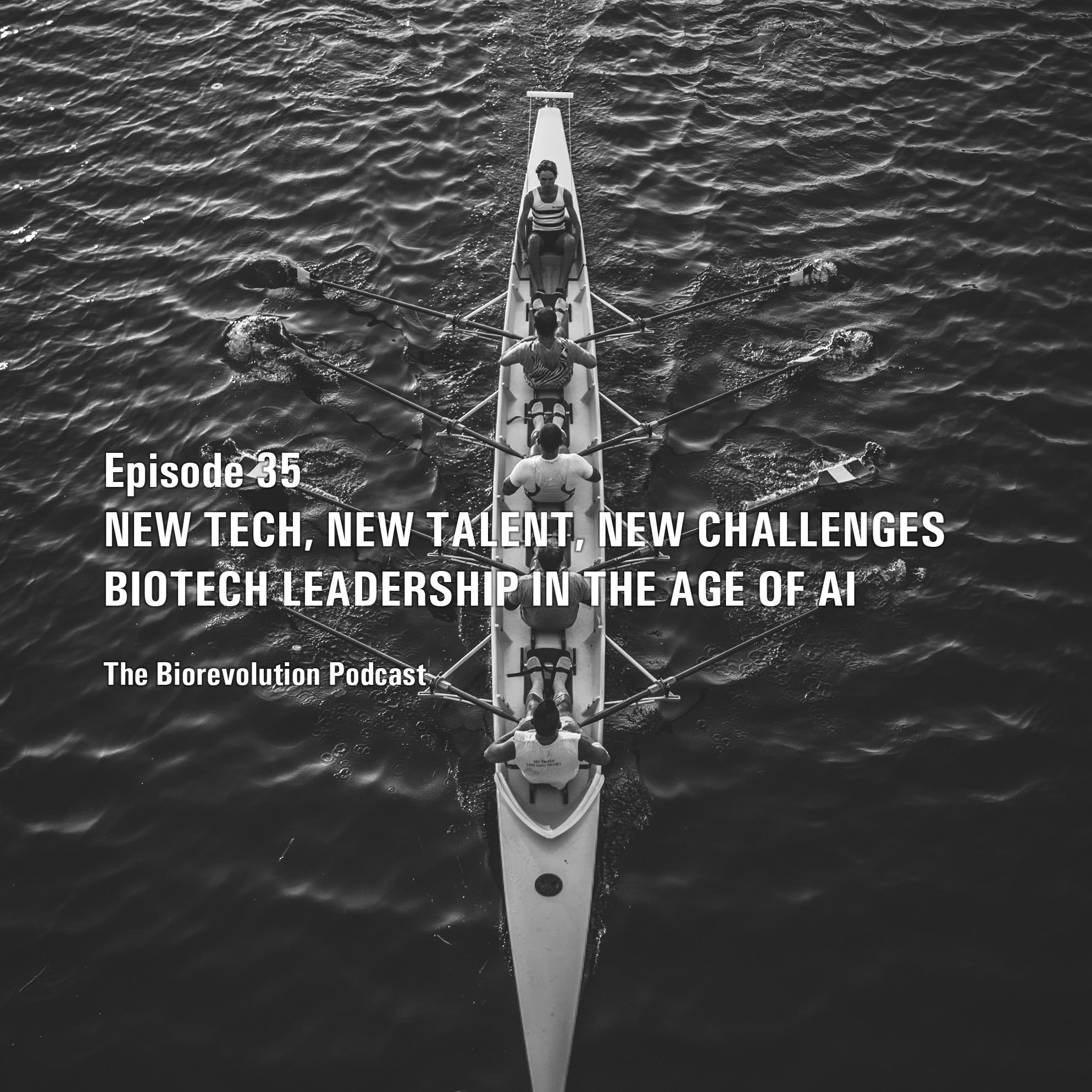
New tech, new talent, new challenges – pharma leadership in the age of AI
Despite great hopes for Artificial Intelligence (AI) in biotech and pharma—with investments exceeding $50 billion over the past ten years—the question of when the techno…
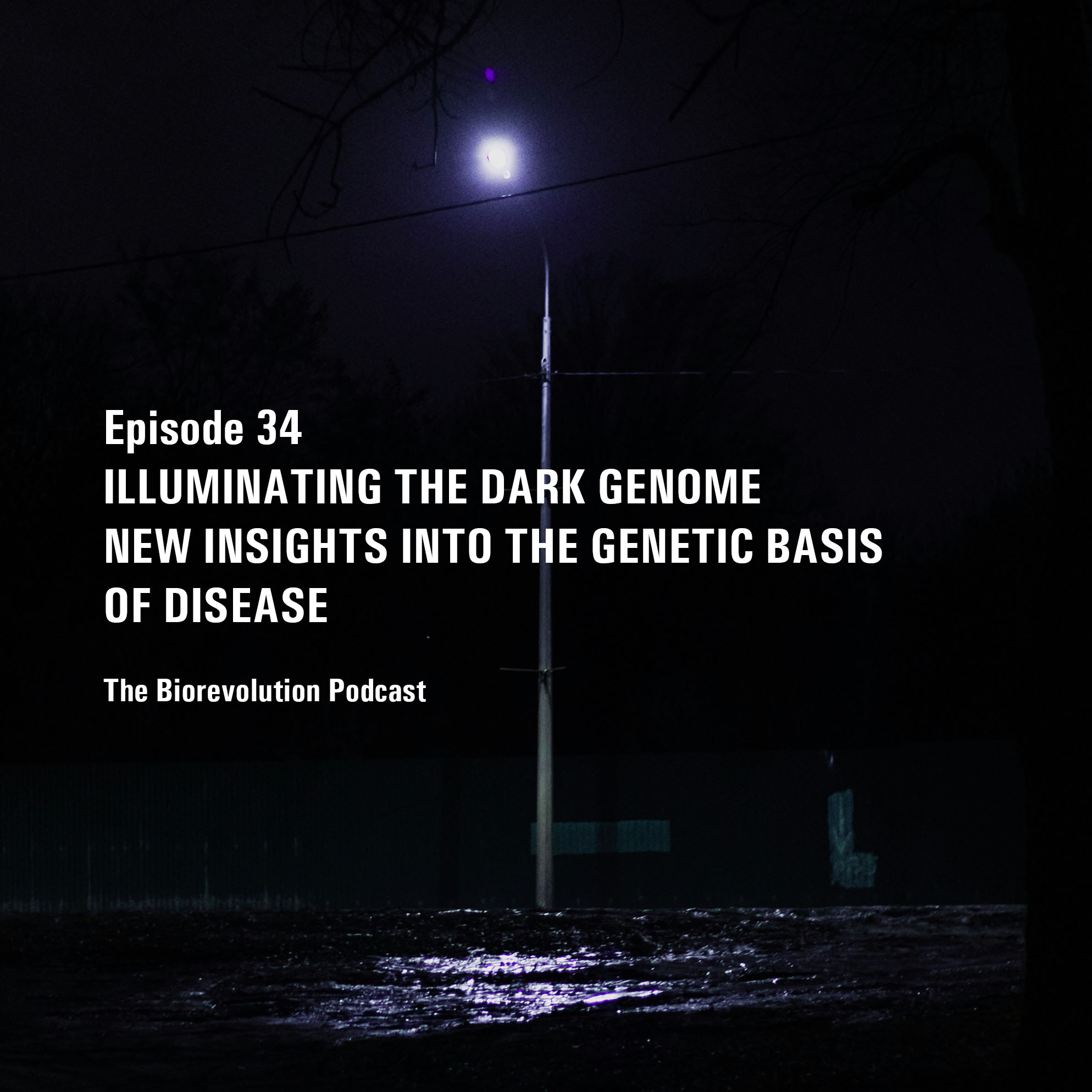
Illuminating the Dark Genome – New Insights into the Genetic Basis of Disease
More than 20 years after the Human Genome Project, enabled by new sequencing technologies, researchers are making progress in exploring the vast non-coding space that co…
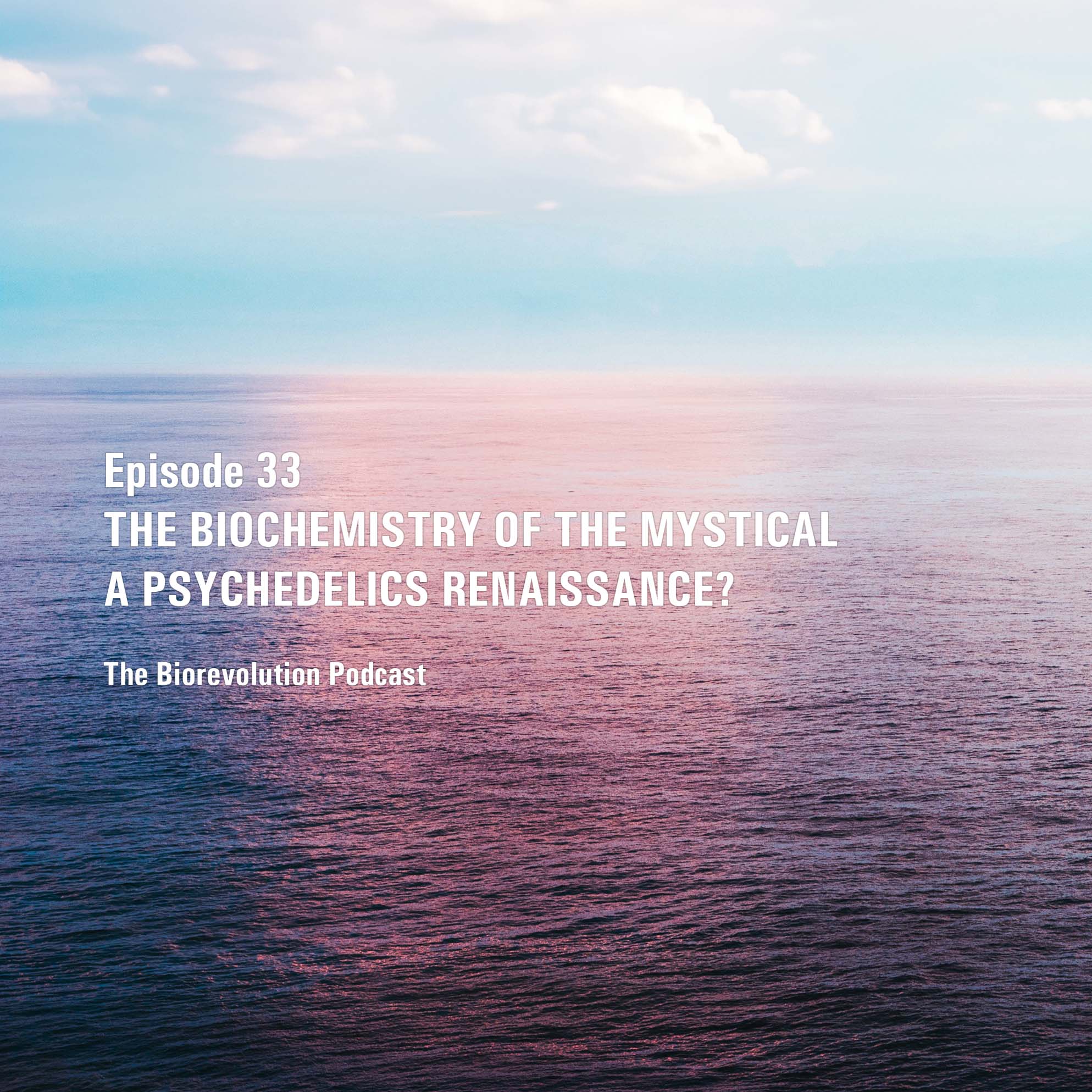
The biochemistry of the mystical – a psychedelics renaissance?
When the Swiss chemist synthesized and tested the psychedelic compound LSD in the 1930s, he knew he had found a tool to explore the human mind. Indeed, before psychedeli…
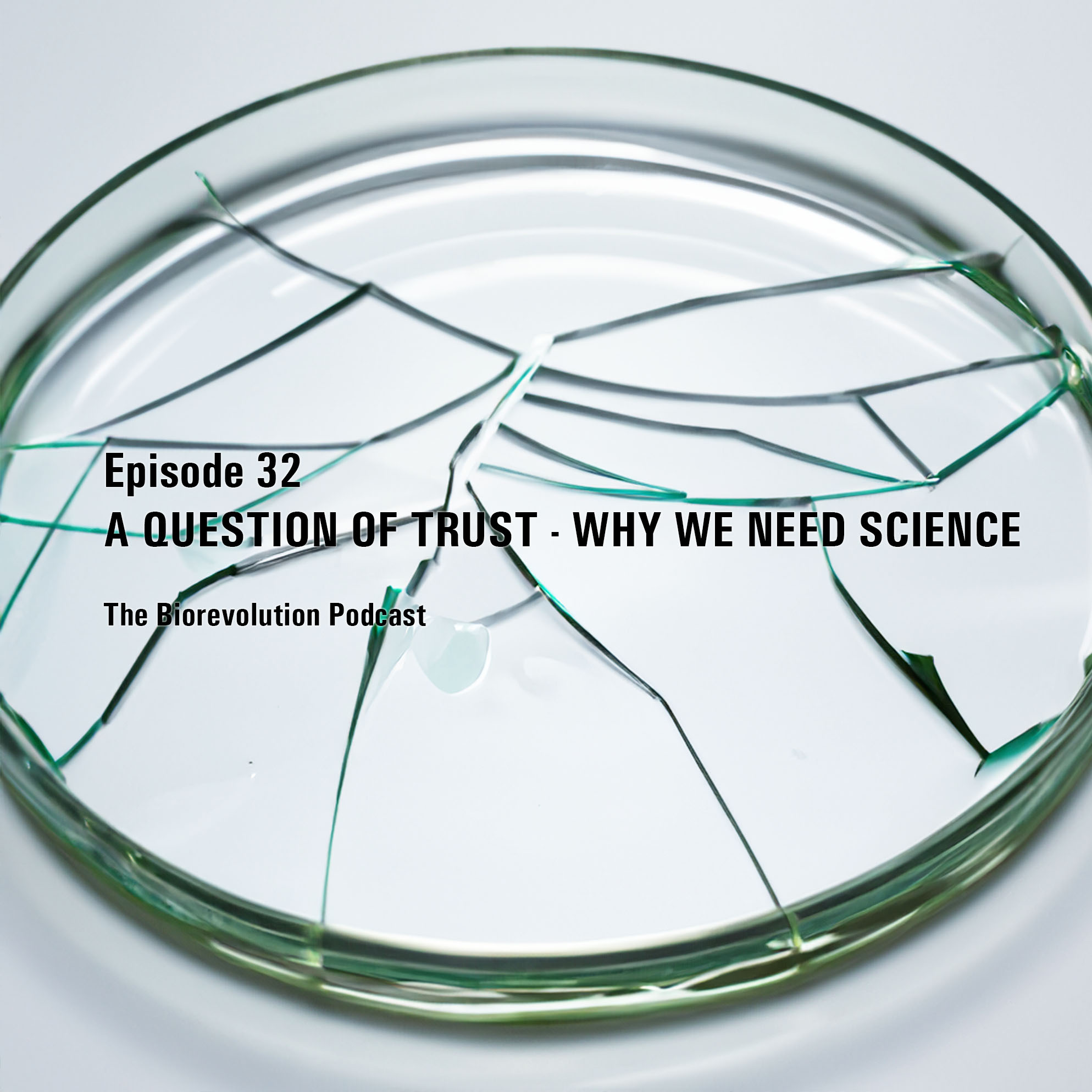
A question of trust - Why we need science
This time on the BioRevolution podcast Andreas Horchler and Louise von Stechow discuss science itself.
While recent surveys show persistently high trust in science world…
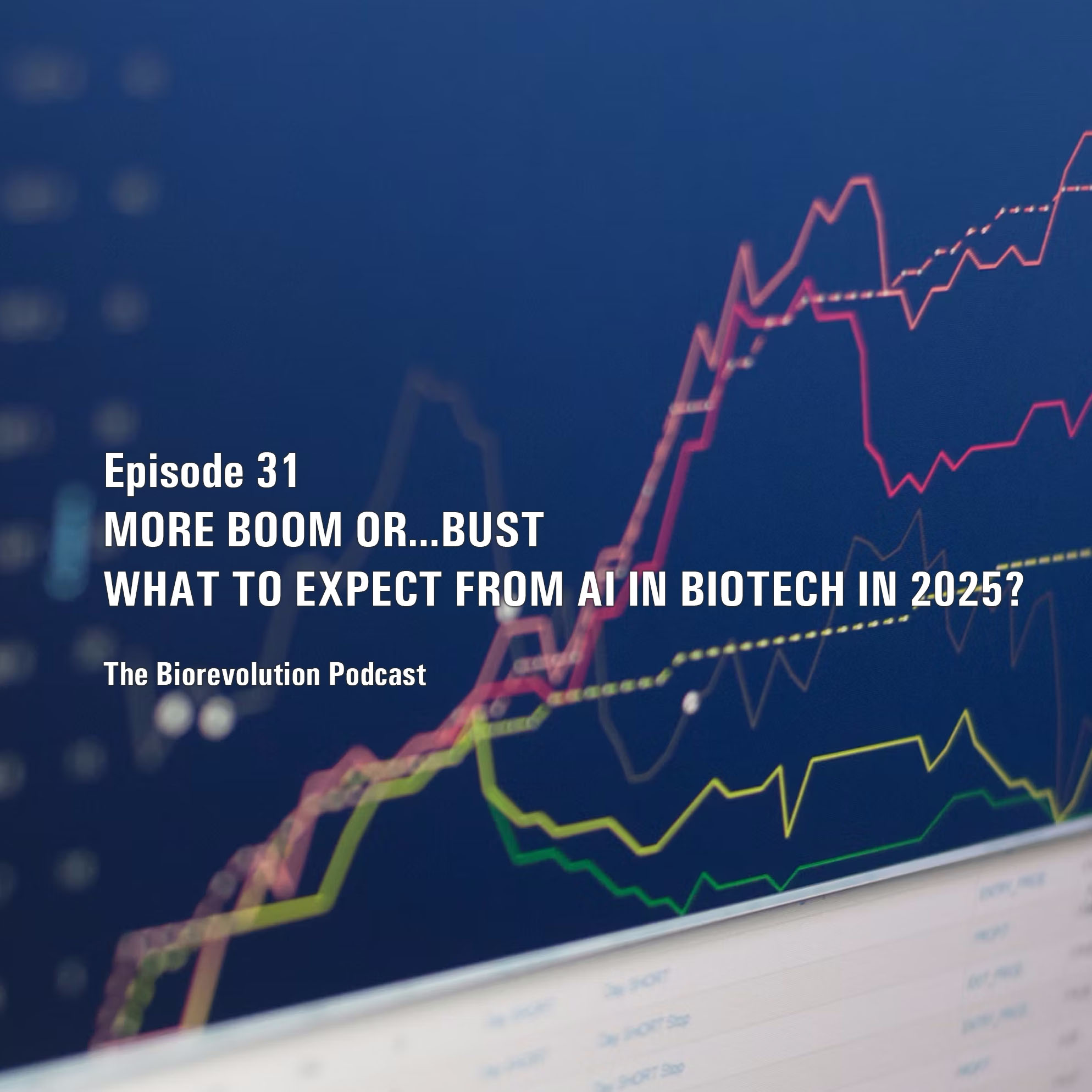
More Boom or…Bust – What to expect from AI in biotech in 2025?
In some respects, 2024 has been a record year for AI in biotech, with the $1 billion founding of the antibody-centered biotech company Xaira and the awarding of the Nobe…
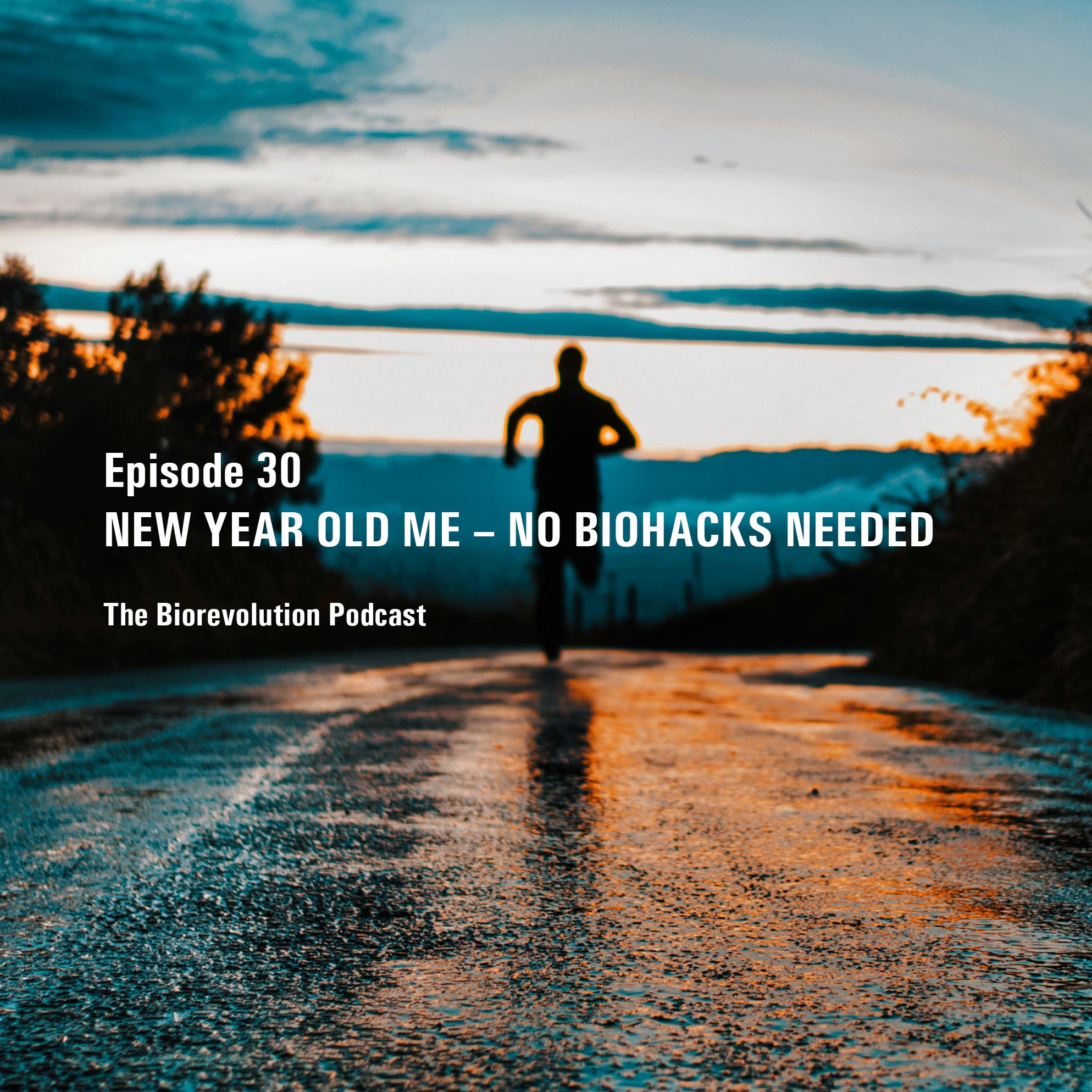
New year old me – no biohacks needed
2025: For millions of people, the new year starts with the self-promise to improve, to quit smoking, alcohol, to get in shape, to stay young and attractive, to basically…
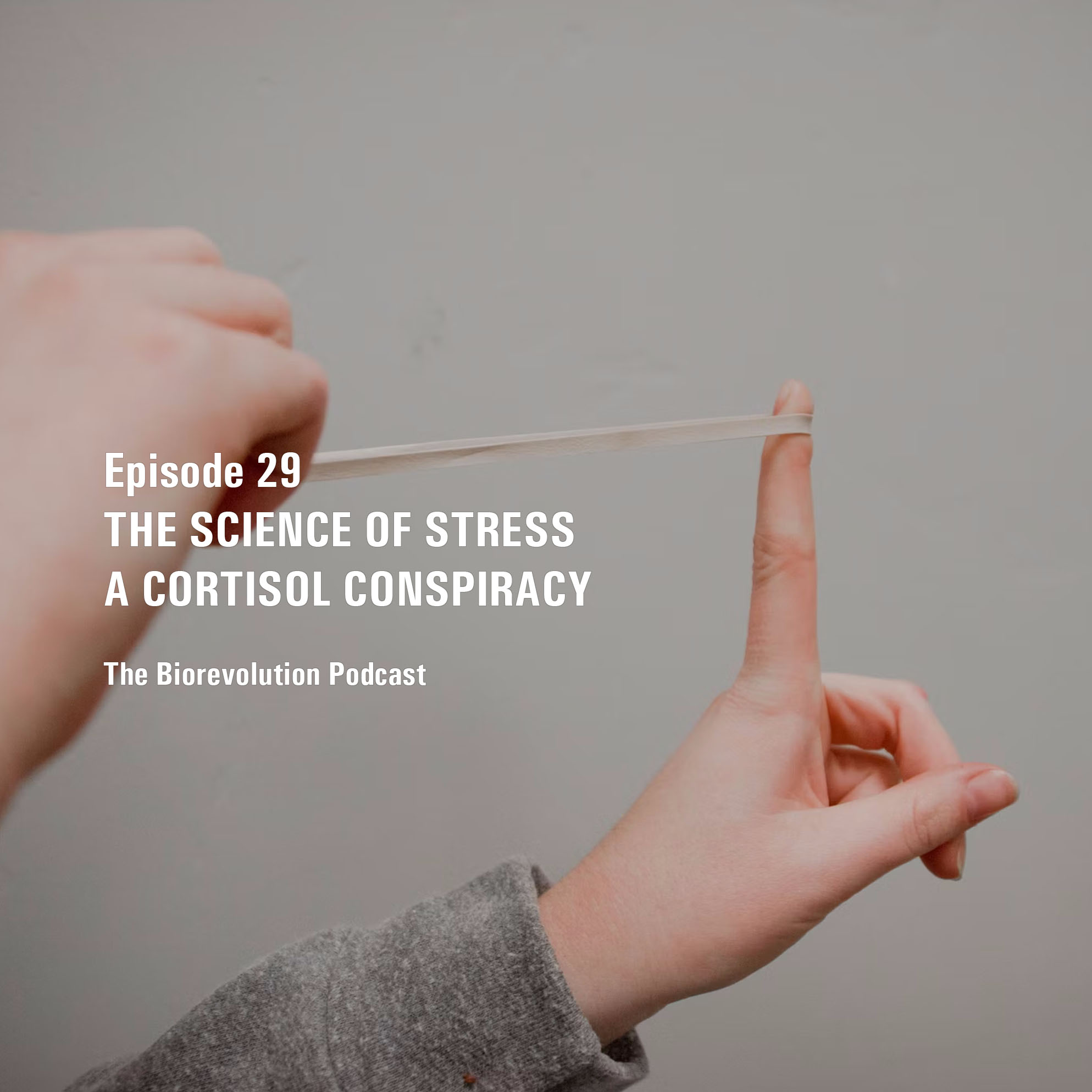
The science of stress – a cortisol conspiracy
Modern humans are stressed creatures: overloaded schedules, constantly “on-call,” and social media haunting us into the late night. Part of this stress is maladaptive re…
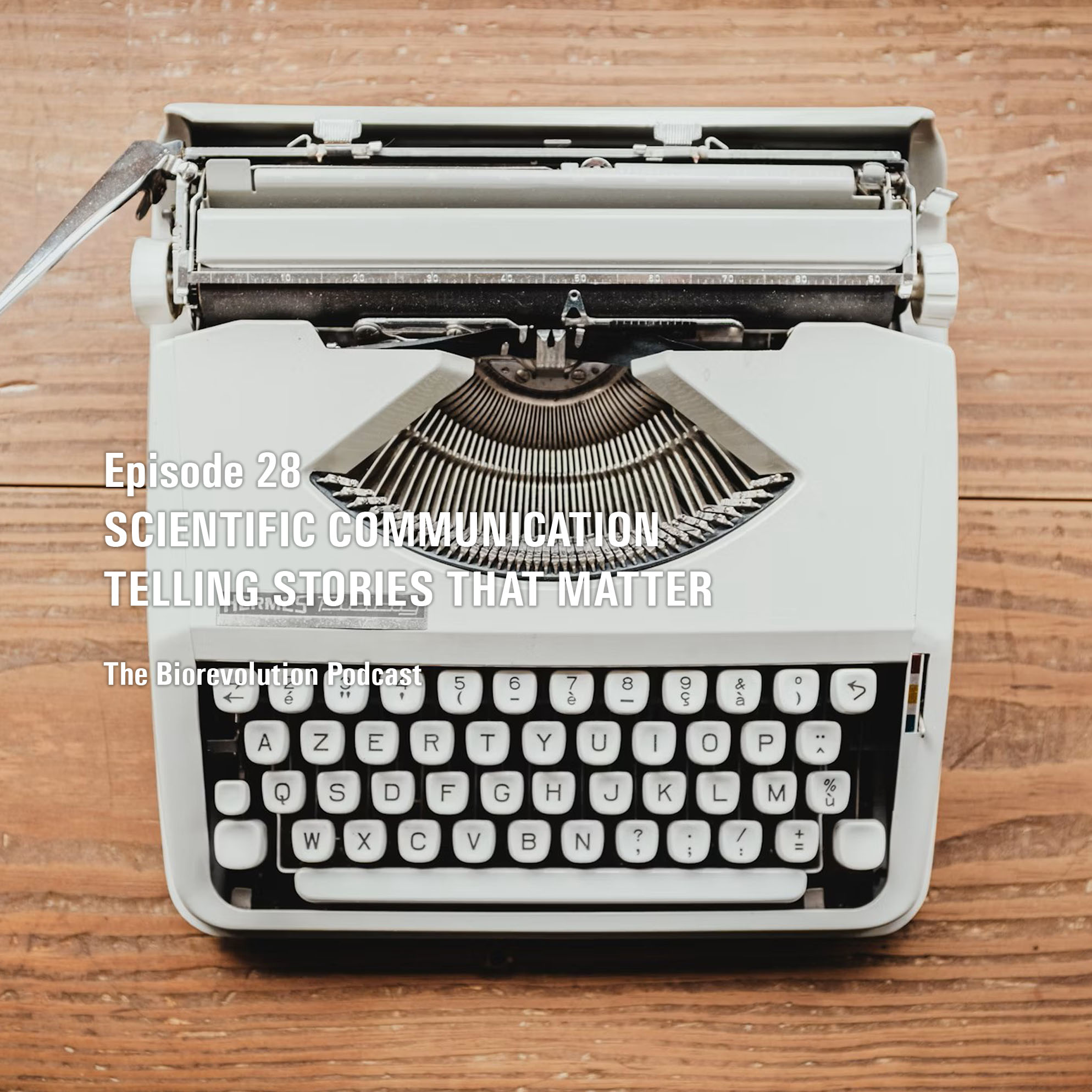
Scientific Communication - Telling Stories that Matter
Science can be complex and difficult to grasp, yet public understanding is crucial for navigating issues like disease risk, climate change, and pandemics. Clear, engagin…
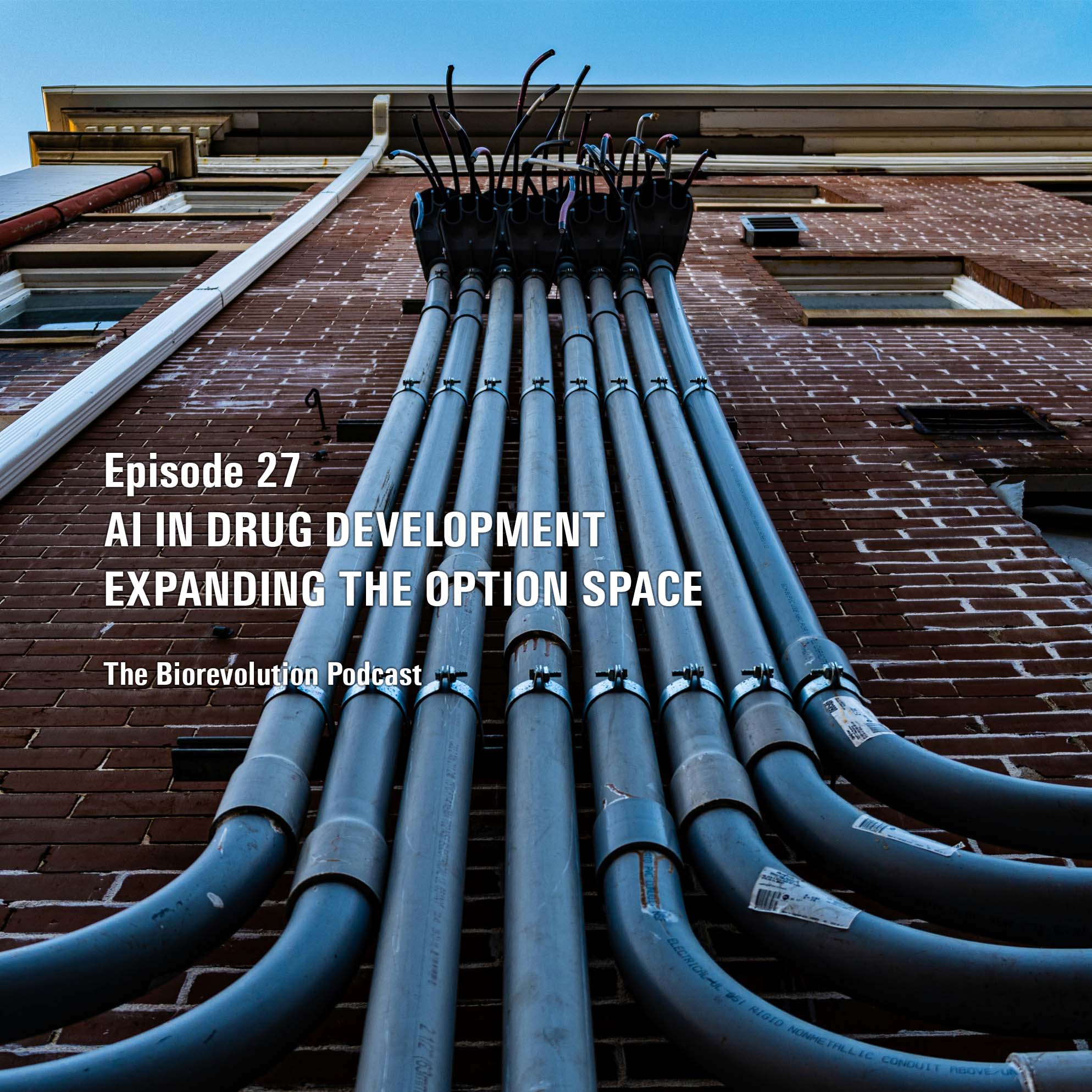
AI in drug development – Expanding the option space
In the expensive and failure-prone process of drug development, artificial intelligence (AI) can serve both as an efficiency tool and as a creativity tool. Increased eff…
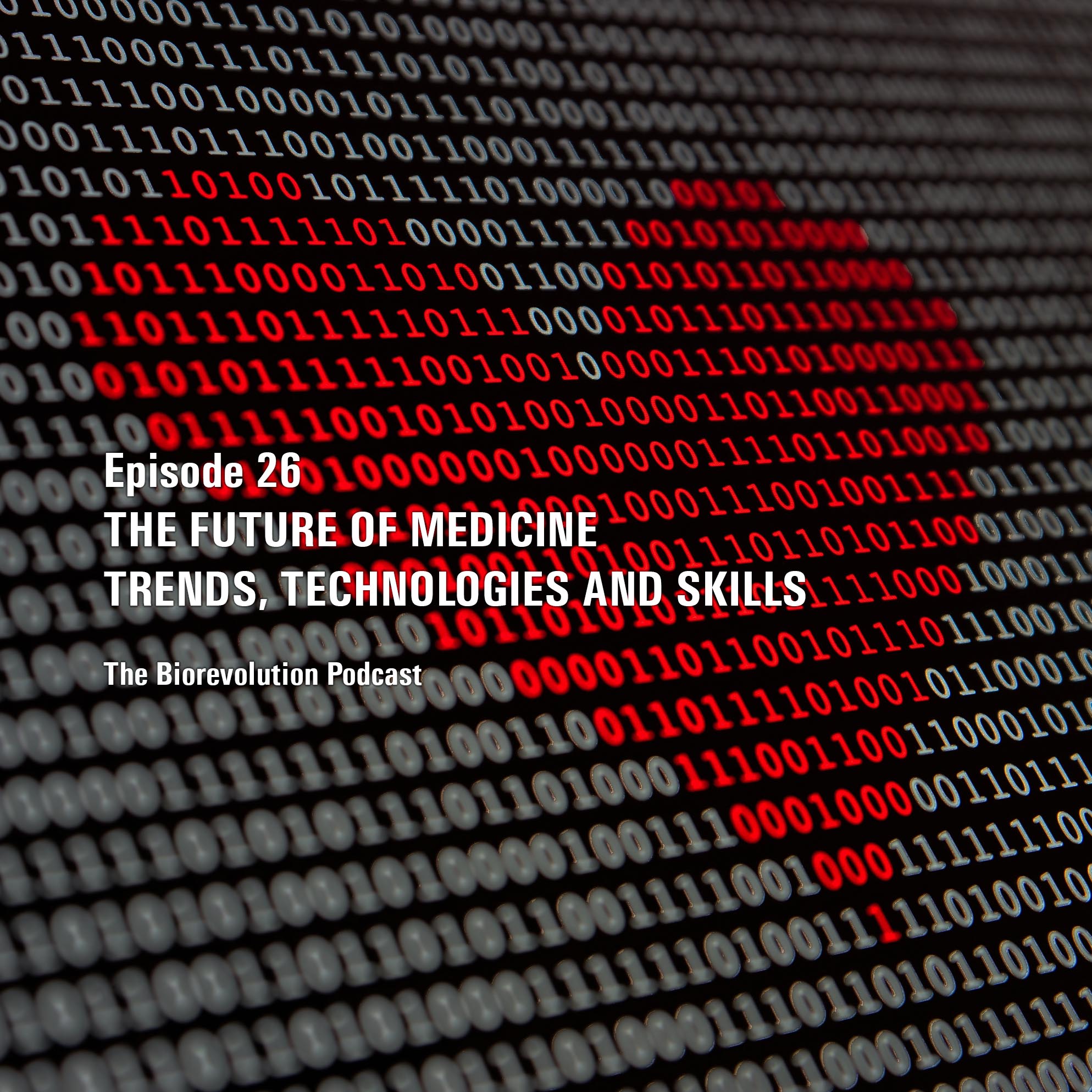
The future of medicine - trends, technologies and skills
How will the medicine of the future look? Healthcare and medicine are on the verge of transformative change, driven by new technologies such as artificial intelligence, …
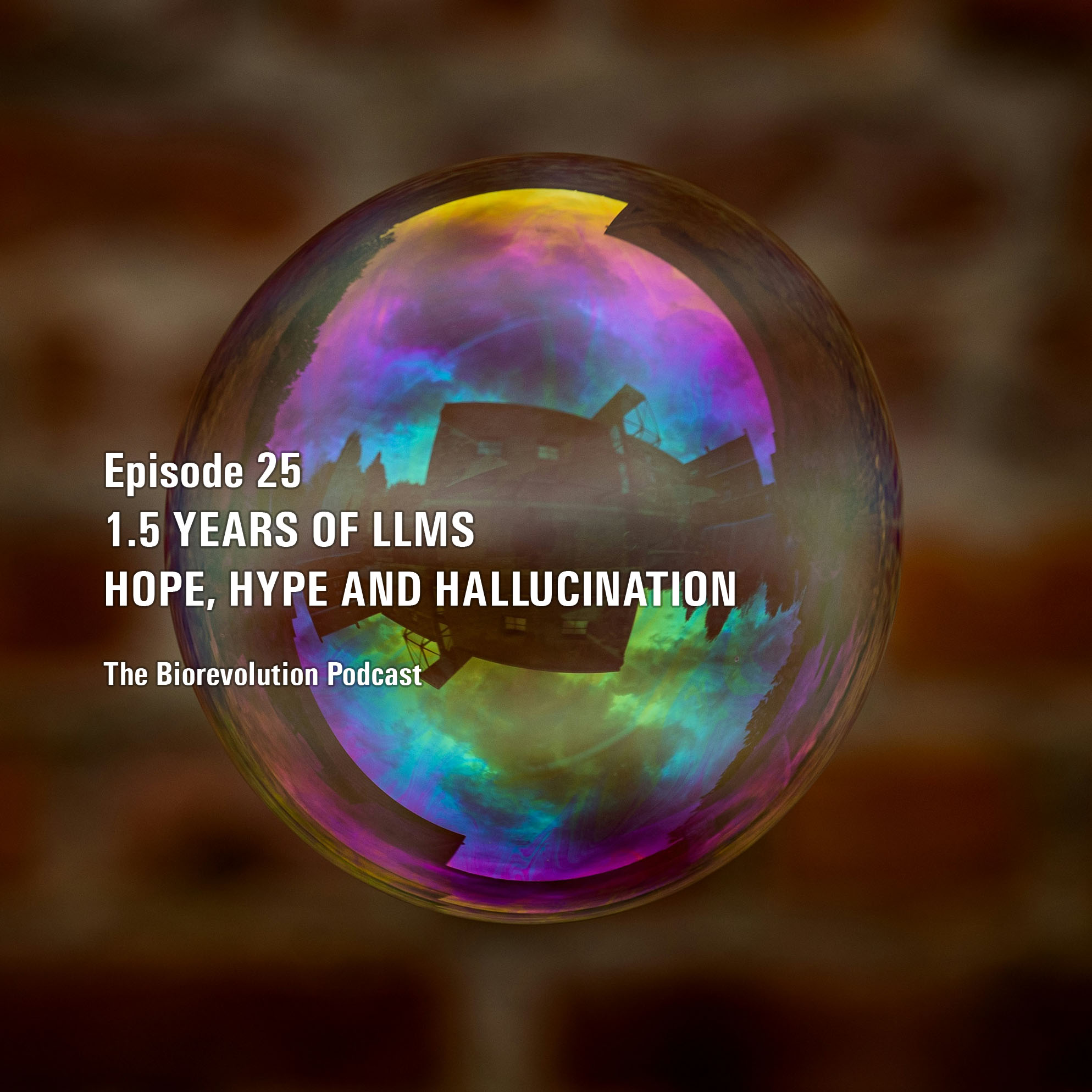
Update on LLMs - hope, hype and hallucination
Some 36 months after the release of ChatGPT, the verdict is still out on the role that large language models (LLMs) will play in biotech, pharma, and medicine. On paper,…
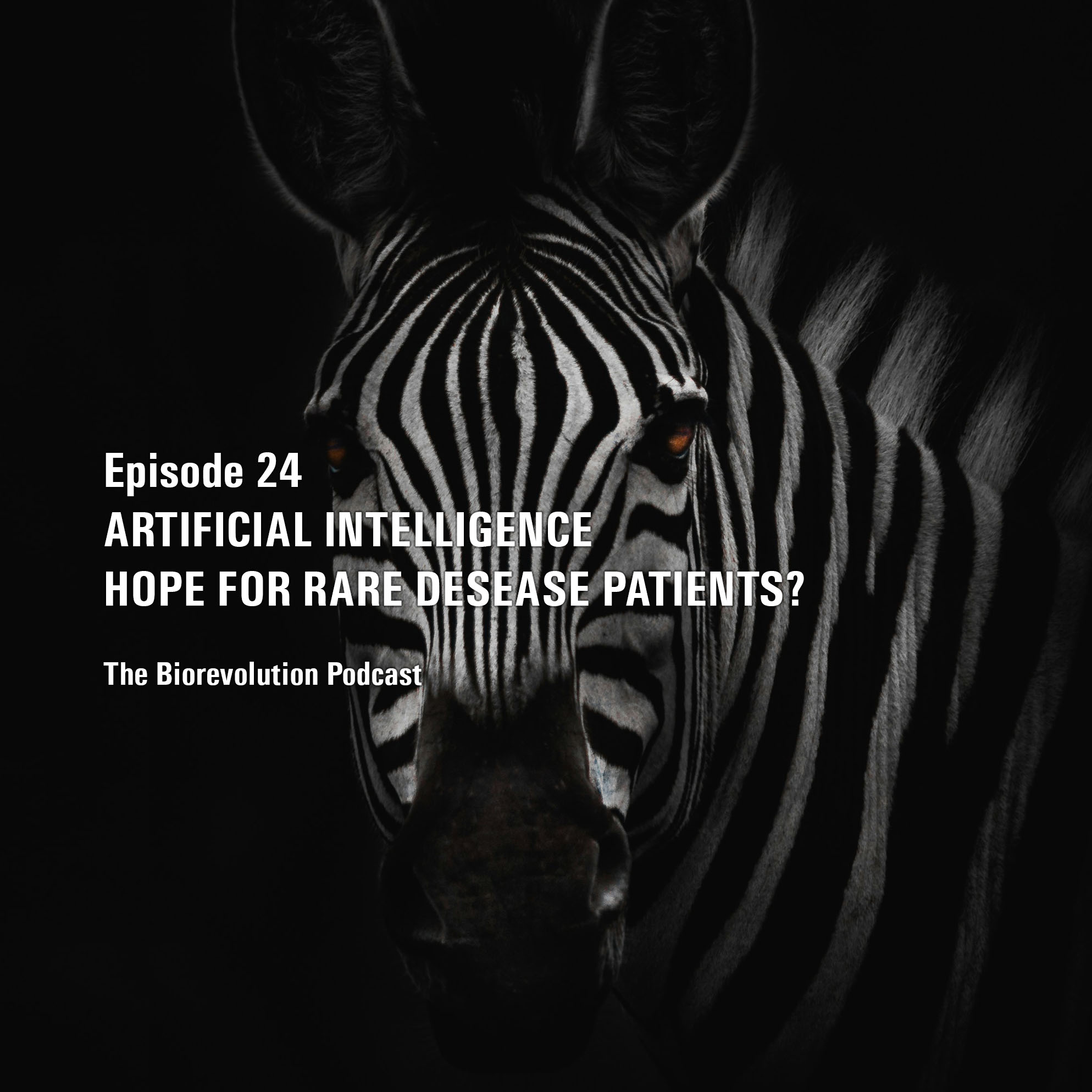
Artificial intelligence - Hope for rare disease patients?
Rare or orphan diseases affect only a small percentage of the population and often lack effective treatments. While rare individually, in total, more than 350 million pe…
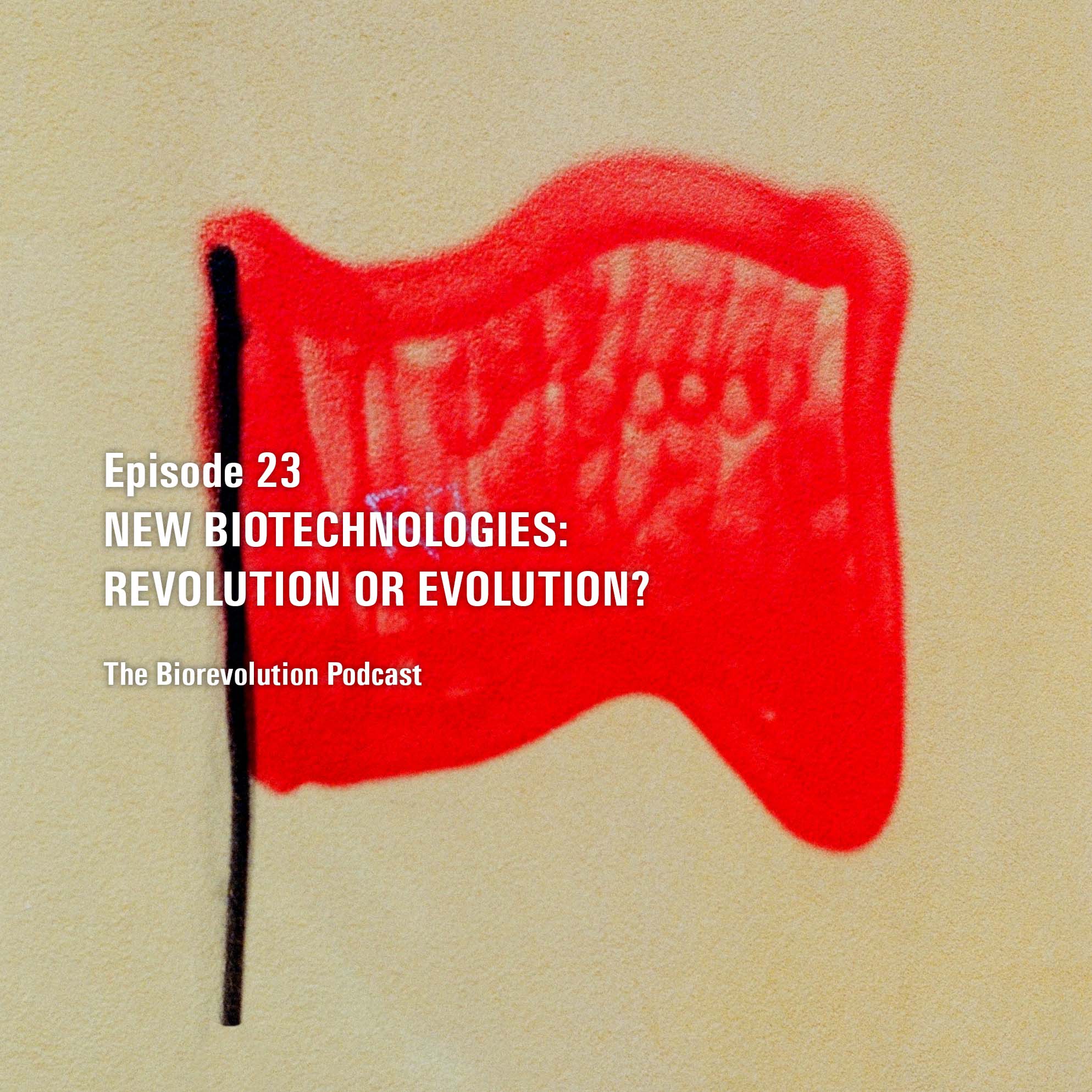
New biotechnologies - Revolution or evolution?
When we think about revolutions, we think of systemic changes in politics, economics, and lifestyles. Revolutions transform how we live, work, interact, and communicate.…
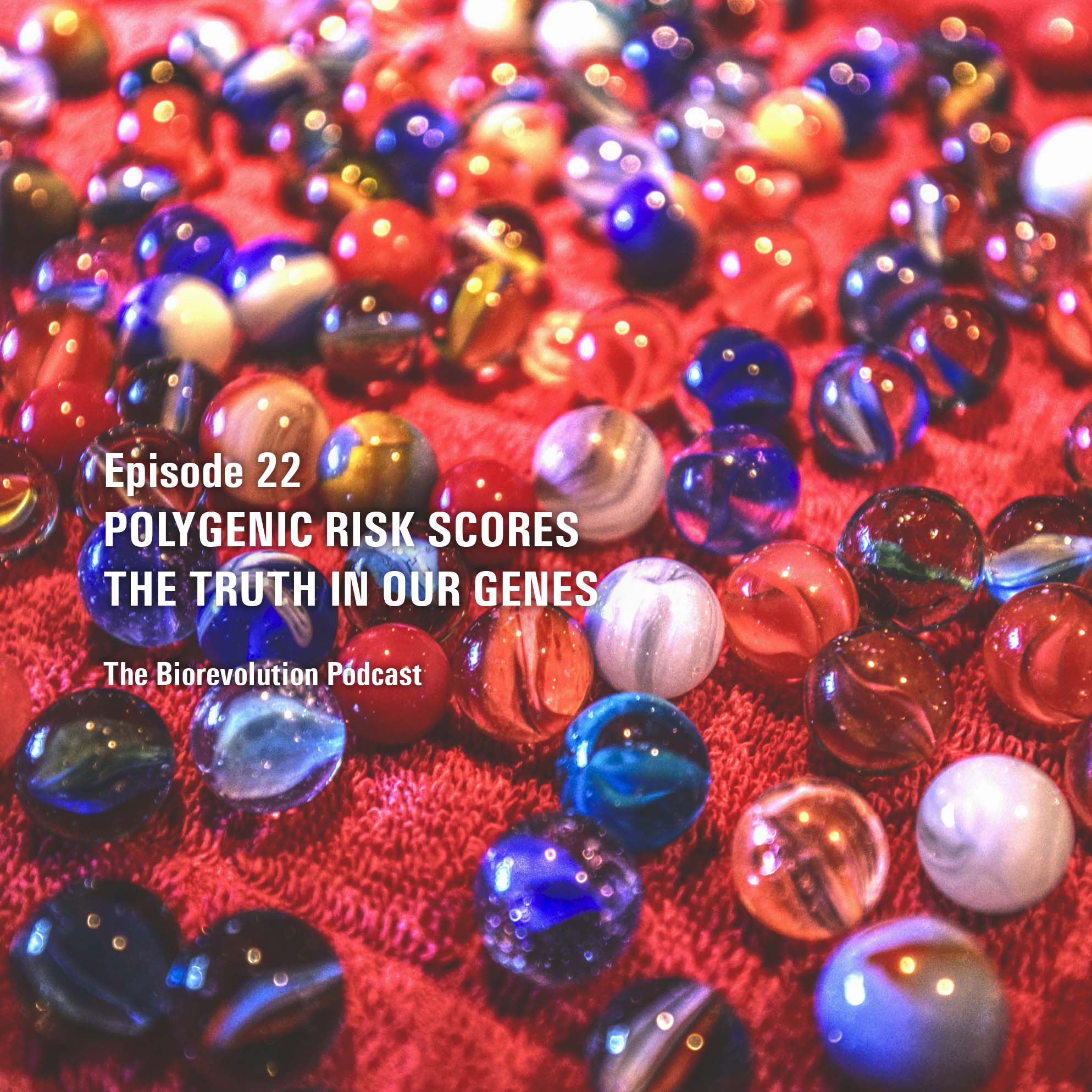
Polygenic risk scores – The Truth in our Genes
Polygenic risk scores (PRS), put simply, look at gene variants across the human genome in order to determine an individual's risk of getting a disease, from different ty…
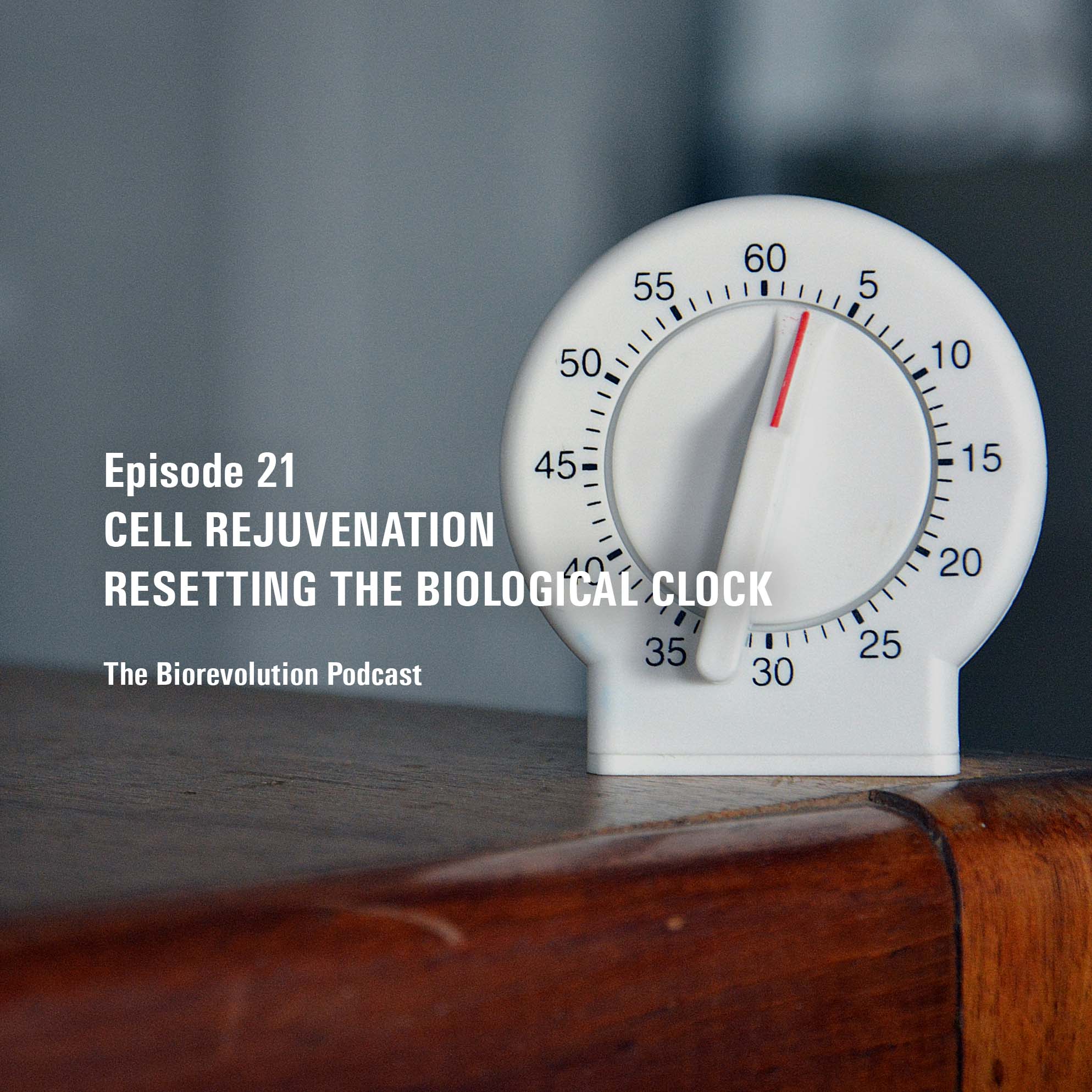
Cell rejuvenation – Resetting the biological clock
Aging is a dynamic process characterized by the accumulation of cell damage, tissue, and organ degeneration, and diminished function. This process of decline appears to …
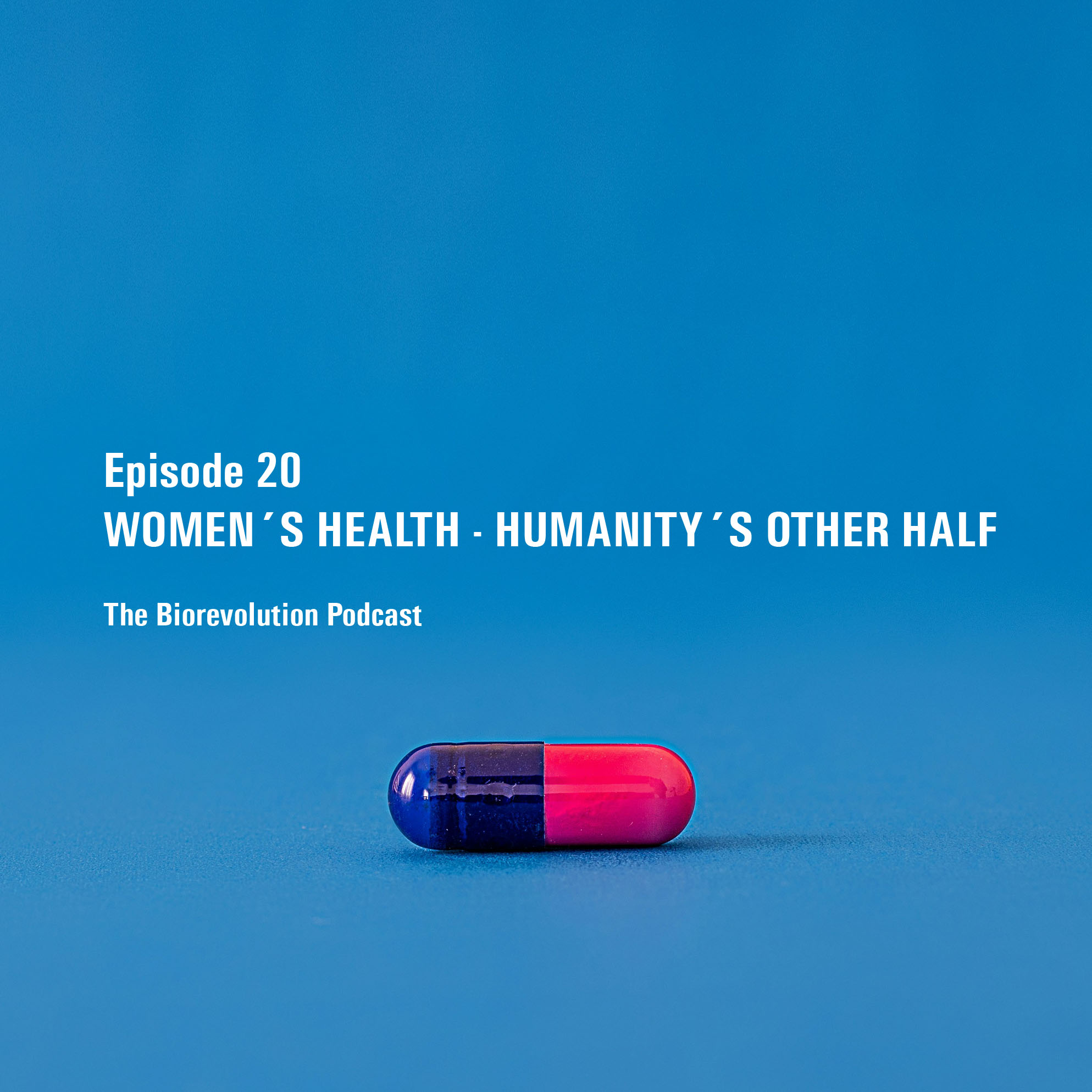
Women’s Health - Humanity’s other half
Women make up about half of humanity. Yet, the medical community and the pharmaceutical and biotech industries have long adopted an androcentric view of disease biology …
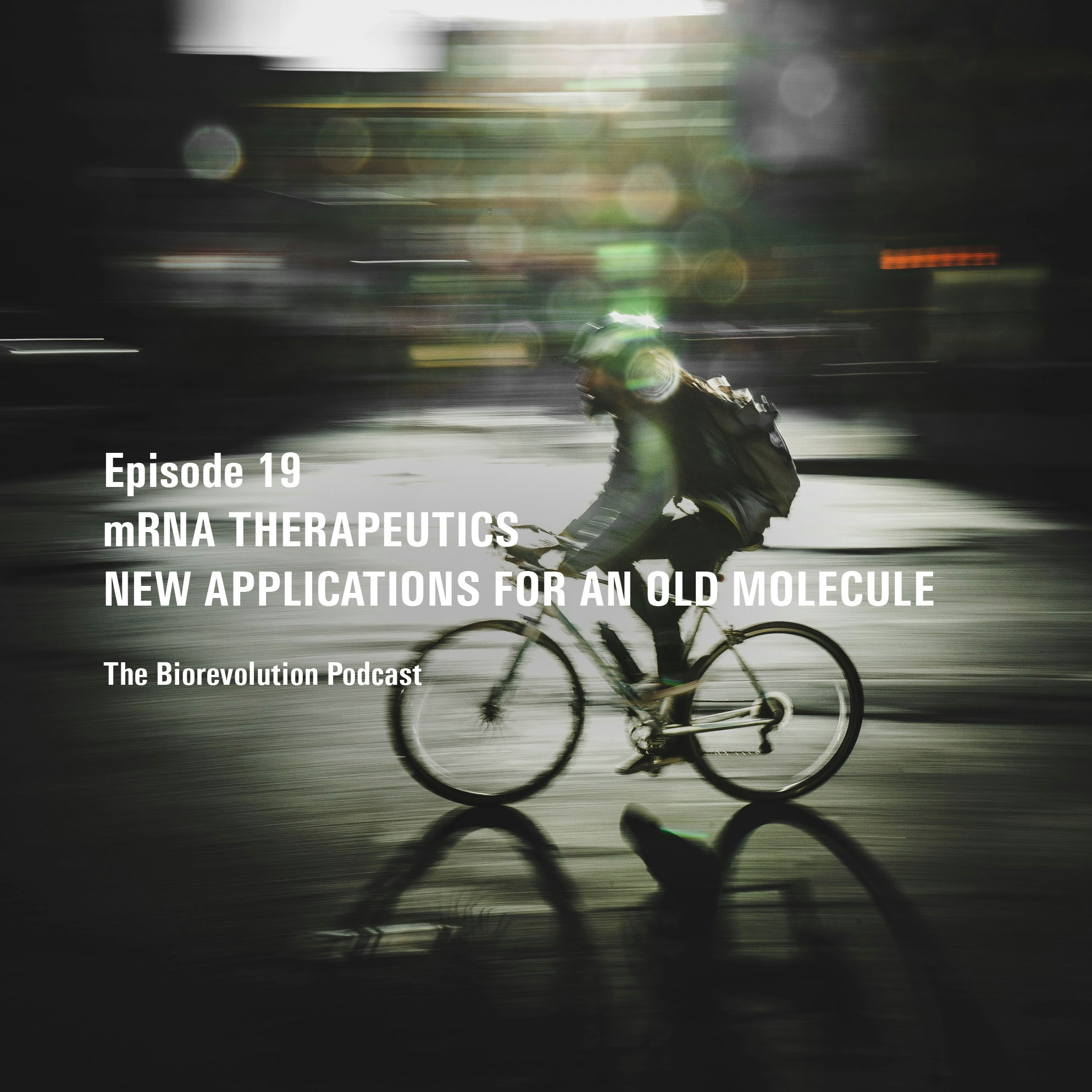
mRNA Therapeutics - New applications for an old molecule
RNA, one of the oldest and most versatile biomolecules, has recently entered the therapeutic arena. While for many observers the success of mRNA vaccines seemed to come …